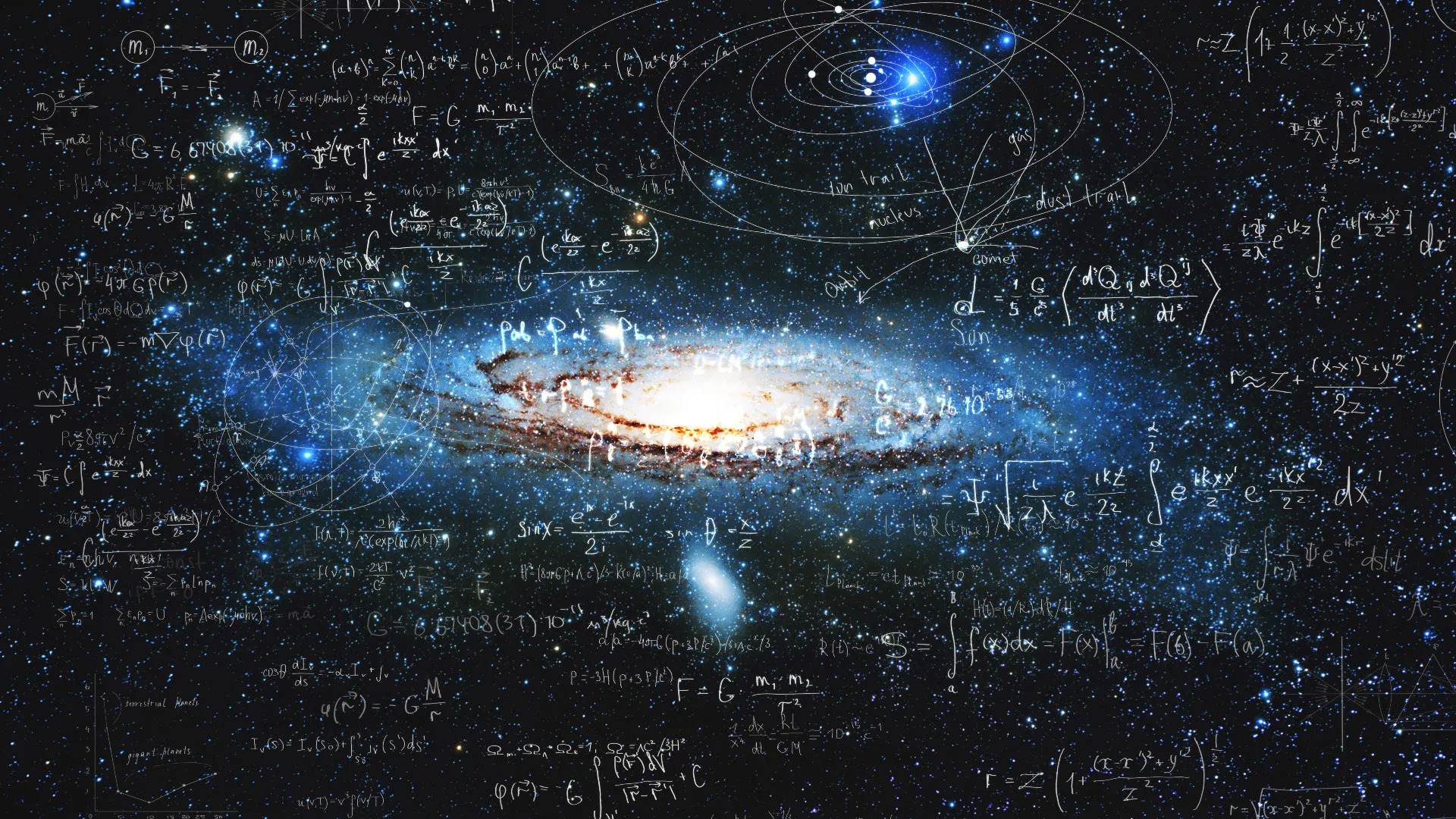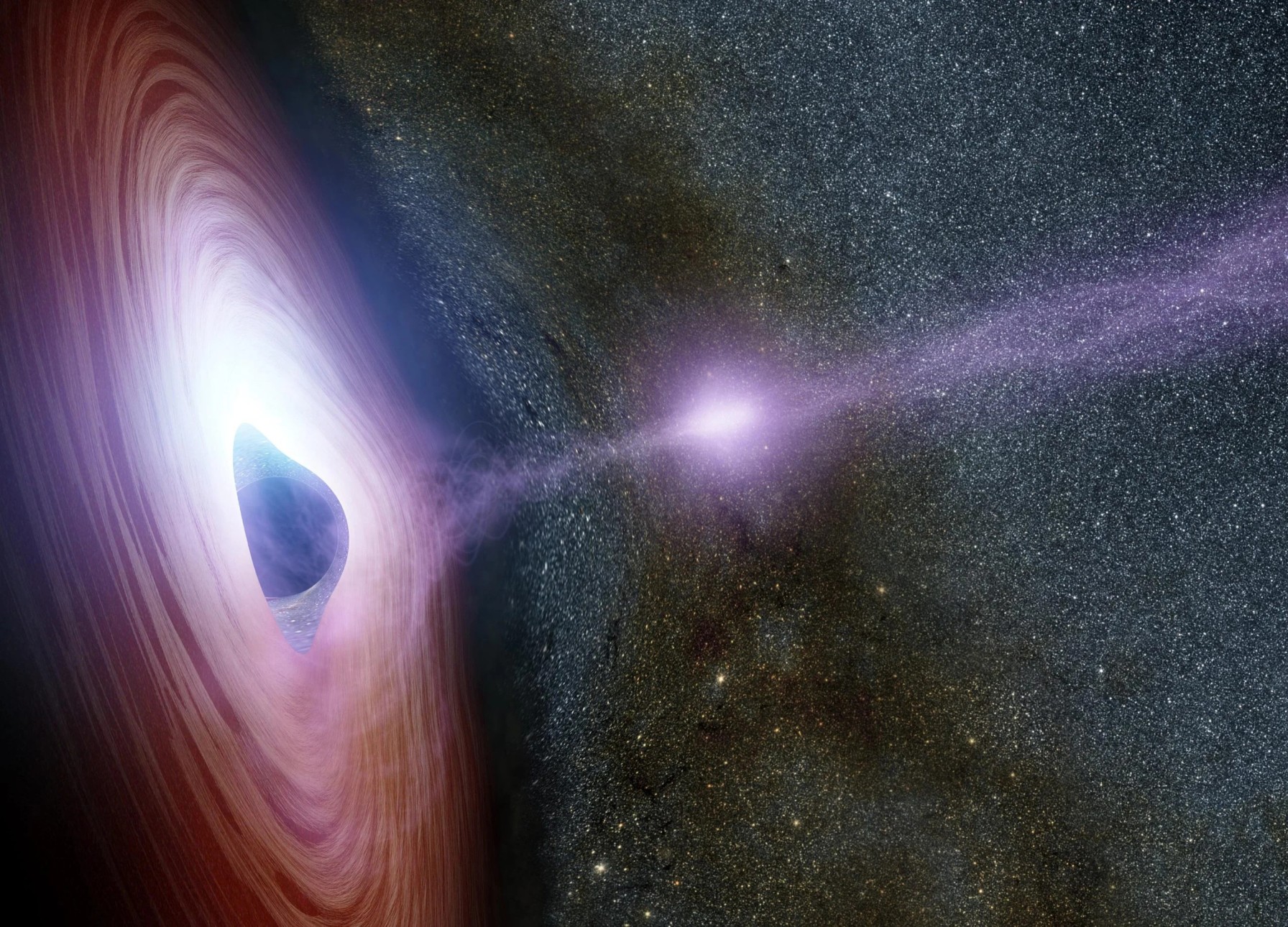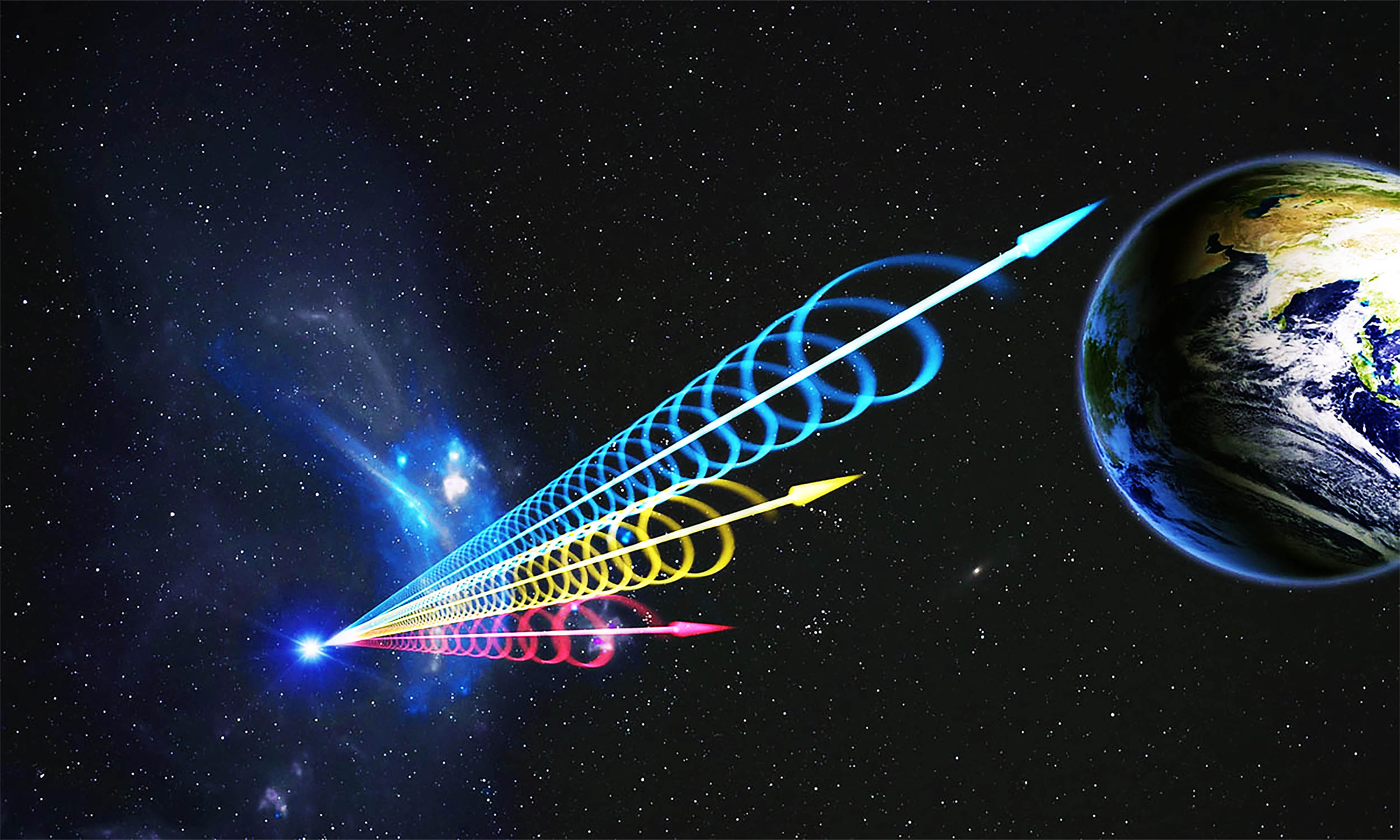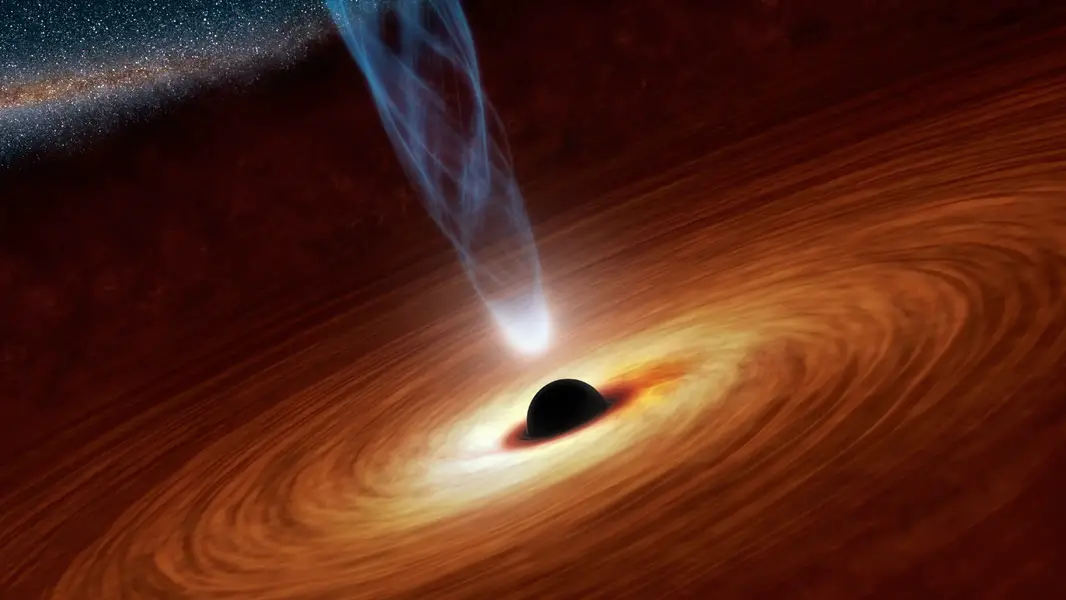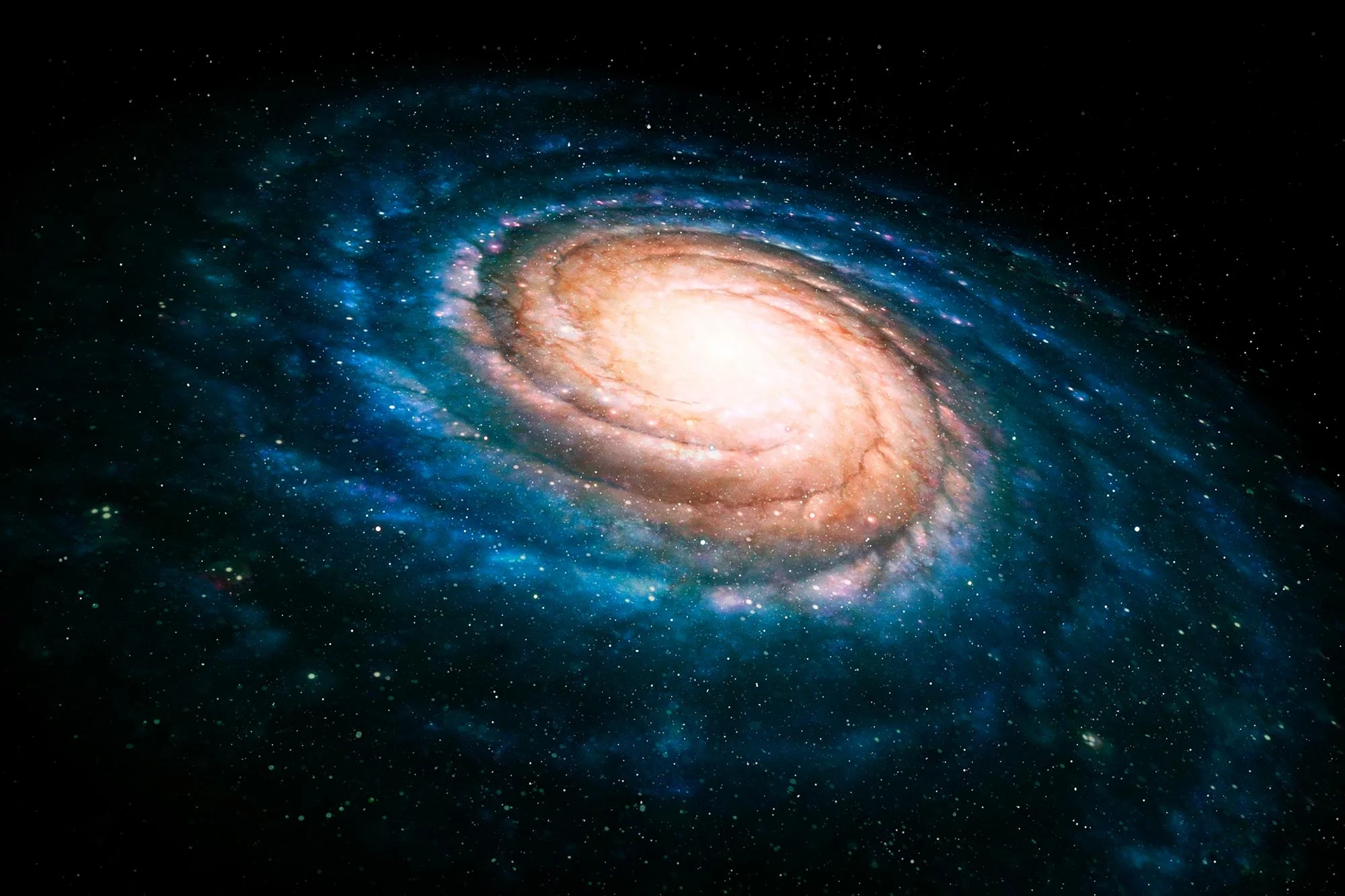The universe might adapt its physical laws, like AI systems refining their algorithms.
Key Takeaways
- Researchers propose the universe “learns” its laws over time, evolving like a self-teaching system.
- This idea draws parallels to Darwinian natural selection and artificial intelligence self-learning.
- Early physical laws might have been primitive, evolving into the complex ones we observe today.
- The study merges cosmology and biology, suggesting higher-order laws govern physical ones.
- The concept is speculative but could inspire groundbreaking insights into universal evolution.
________
In a bold new theory, researchers from Microsoft, Brown University, and other institutions suggest that the universe might be capable of teaching itself how to evolve. Their study, published on the preprint server arXiv, proposes that the physical laws we observe today may have emerged through a gradual learning process, akin to Darwinian natural selection or self-learning algorithms in artificial intelligence.
This radical idea challenges traditional cosmology by imagining a primitive early universe where physical laws like gravity were far simpler or even static. Over time, these laws “learned” to adapt into more complex forms, enabling the structured universe we observe today. For instance, gravity might have initially lacked distinctions between celestial bodies like Earth and the Moon. This progression mirrors how adaptable traits in biology survive through natural selection.
Blurring the Lines Between Disciplines
The study connects cosmology with biology by exploring whether a mechanism exists in nature that allows the universe to “learn” its laws. The researchers suggest that these laws could be governed by higher-order principles, transcending the boundaries of individual scientific fields.
Bruce Bassett, a professor at the University of Cape Town, emphasizes the importance of interdisciplinary research. He argues that humans often compartmentalize knowledge into fields like physics and biology due to our cognitive limitations, potentially overlooking universal patterns. This framework could help us rethink the origins of the laws of physics and their connections to broader natural principles.
Janna Levin, a cosmologist at Columbia University, adds that this self-learning universe resembles AI systems that refine their rules over time. However, she cautions against anthropocentric interpretations, reminding us that concepts like “learning” or “mind” are human constructs not applicable to the universe.
A Speculative But Intriguing Beginning
At nearly 80 pages, the paper is an ambitious attempt to introduce a new perspective on how the universe functions. While the idea remains speculative, its potential to inspire new breakthroughs excites many in the field. Bassett acknowledges that bold theories are essential for progress in theoretical physics, even if most do not lead to immediate results.
As the researchers continue exploring this concept, the study invites us to consider the universe not as a static entity but as a dynamic system capable of evolving its fundamental rules. While the implications are uncertain, this imaginative theory pushes the boundaries of how we perceive the cosmos and its origins.
